|
The Zil stopped under the portico supported by marble-clad columns in front of a brass large door, perhaps three meters high. Someone opened my door and I climbed out into a bitter cold night. I could not recall the last time I had endured such cold. Fortunately, I had to go only a few steps to the door. (Photo obviously taken the next day.) Through the glass, I could see was a large marble stairway covered with a maroon runner. Again, this did not look like any hotel I had seen. Our keeper led us through the door, being held by a doorman and told us that our bags would be brought. At the top of the stairs was a vast, high-ceilinged lobby. To the right was a reception desk with a sullen-looking clerk. The only people visible were our keeper, the woman in the fur coat, the bellman with our bags, and a few dodgy looking men in suits watching us. I spotted an open doorway to what looked like a ballroom and/or restaurant. I wonder where other guests might be lurking. We had to surrender our passports to the keeper, who handed these to the clerk, who spoke only Russian. I guessed that this “hotel” did not have many international visitors. His unfriendly expression had not moved a muscle, which made me surmise that he did not like Americans. The two men exchanged words and then our keeper pointed to the elevator. I asked about a room key and was told that these were given out on the floor. Antje’s room was on the fourth floor, so she got out with the furry woman. The view of the dim hallway (more 25-watt bulbs, and not many at that) was not promising, but all I needed was a bed and a shower. I could survive two nights in a dump, because I had a suitcase full of supplies. After all, I had been to war and sleep in a hut made of discarded ammunition crates. On the fifth floor, once we left the elevator, I was confronted with a cliché: a stern-looking, heavyset older woman seated at an elevated desk. She ddi not look cheery. Without a word, she handed the key to my keeper. I was obviously expected and no secrets were kept from this woman. Her job was to control everything on this floor. I had yet to meet another guests.
We plunged into the dim corridor and passed closed doors. Almost to the end, I spotted two men through a door that was slightly ajar, which quickly shut. Without a thought about them, we continued and I guessed that my room was at the end.... And, it turned out to be like no hotel “room” I had ever seen.
0 Comments
We continued down what I guessed to be a six-lane highway. Snow cover made it impossible to see markings and no other cars suggested exact width. Outside the car, all was dark. No cars, trucks, or buses provided light on the broad, six-lane highway. The Zil glided through the countryside like a rocket through space, both the car and scenes outside were reminders of the Soviet past. At intervals, I spotted bundled figures huddled at what looked like a bus stops. No buildings were in sight through the trees, so I wondered where they came from or were headed. Although not quite 4 o’clock, it seemed like the middle of the night. Nice hat and rather practical given the temperature outside After a while, buildings appeared beside the highway, those ugly and ubiquitous apartment blocks of Soviet architecture. Lighted window were dim, suggesting the same lighting as the airport. The guy making 25-watt bulbs must be rich. The lack of advertising, that familiar blight alongside western highways told another story. Closer to the city limit, I noticed what looked like restaurants, kiosks, and shops, all with dimly lit painted signs. Apparently, neon had yet to be introduced in this country. Within what I guessed to be the city limit, I did spot a few new billboards touting Japanese companies, not brands. Snow or frozen moisture began to glisten in the air, once streetlights appeared well into the city. I again asked about my hotel and was given the same vague answer about “a special poace”. We passed the Lubyanka, which my guide was kind enough to point out, because he though that an American might be interested (How did he know?) and the Bolshoi Theater. Only a few cars had passed in the opposite direction and none were parked beside the road. This was the capital of a major world power, but traffic was not a feature. After passing uniformly boring, mostly darkened buildings, the car rounded a bend in the street to discover the Kremlin. Lights on fortress and the crystal in the air created a fairy tale atmosphere. The illuminated red stars on the towers surprised me. I thought that the communists had been run off. I finally discovered what stood at the opposite side of Red Square from the reviewing stand one always sees on television or in photos: GUM, a department store. Red Square and GUM, a rather impressive building with empty shelves Because we passed the huge Intourist hotel on Red Square without stopping, I asked a third time about where we were headed. My guide explained that we were almost there...wherever it was that we were headed. I gazed out the window at dimly lit streets and frozen air glistening in the few llights. Although little traffic was visible, policemen bundled against the bitter cold stood watch at intersections. After circumventing the Kremlin and crossing the Moscow River, the driver turned right into a large street. A few blocks further, he turned right again, suggesting that we were heading back towards the river. The car pulled up to a huge cast iron gate and an armed guard emerged from the guard box. Through gate, I could see a large open space, perhaps a lawn in summer, and five- or six-story building. The design was slightly better than the apartment blocks, but this could contain offices, hotel rooms, or apartments. No sign was visible, which one expected at a hotel. I asked what the building was and learned, finally, that this was our hotel. Not your usual hotel, behind a guarded gate
I had arrived at wherever it was I would be staying.... Outside darkness was fast descending, and inside it seemed like a few 25-watt bulbs illuminated the terminal. Unlike at other airports, no shops or advertising brightened the place. No one was trying to separate people from money they did not have or offered visitors anything produced in Russia...because little of interest was. We were ushered into a lounge, shabby and dimly lit by western standards, and asked for our passports and baggage claim tickets. All formalities would be handled for us, so we should relax and enjoy a drink. The only brand name I noticed was Pepsi, which had beat out Coke during Soviet times. Having been amply served on the flight, I declined the offer and inspected the lounge. The decoration was Intourist posters, not unlike those I had seen in tourist magazines my father had brought home from his visit over thirty years earlier. Design did not seem to be a prized occupation. At some point, the young girl in the fur coat returned with our passports. She led us to a door and a stairway that descended to the street. I had not seen a single uniformed official. Outside, a limousine (an iconic Zil from Soviet times) waited. Our bags were already in the trunk. I wondered if they had inspected the contents and noticed my unusual belongings. Would someone confiscate my shortwave radio? Or accuse me of spying? (One of the largest collections of cars I witnessed in Mosow in 1992) Our handlers had left us alone in the lounge, so I had been unable to grill them. Once in the car, they could not escape. I already knew that at least two of them spoke English, so none could play dumb. I had a few simple questions, none of which could be considered sensitive or confidential information. We had been told that accommodation would be arranged for us by the Olympic Committee and had a vision of that huge Moscow Intourist hotel seen in travel articles about Russia. I asked our host, the rumpled man (I learned later that he was a CIA informant working at the Olympic Committee to escort foreign guests.) I asked for the name of the hotel where we would be staying and received an evasive response. Foolish thoughts returned. This was at the point in the journey, not far from the airport that the road passes a monument to the successful defense of Moscow against the German army. A tank trap of metal beams marks the closet point the Germans got to Moscow. Unlike with French, the Russians resisted capitulation of the capital. I felt sorry for those poor German soldiers (not to mention the poor Russians that suffered from their invasion!). I had been to war, but mine was a comfortable war. We had been flown in 707s with flight attendants. Vietnam is war; Russian is bloody cold, and we all know that heat is unpleasant, whereas cold can be painful. "Don't meniton the war."
Yesterday, I wrote it took me two days to reach Moscow from Frankfurt, which most people need three hours. The second flight was uneventful, the storm had passed, and the airport was open. Still, I had the same foreboding, when I peered out the plane window at snow-covered Poland, Belarus, or Russia. One feature about Moscow is that it is located at a northern latitude, which means that days are short in January. Although the flight landed at three in the afternoon at Sheremetyevo Airport--the only international airport at that time--it was already dusk. On approach, I spotted villages, but no roads connecting them. I saw no cars or trucks. I wondered where the people were. (Later, I figured out that everything was covered with snow and plows were rare.) The north side of the airport looked like a collection of aviation relics covered with snow, with missing engines or cowlings covered with red covers. The airport terminal had few lights, making it look derelict. Unlike airports of all capital or major cities, no planes crowded the arrival gates. One would not call the airport “busy”. The photo looks blurry, but is a true representation of what I saw! That is not sunlight, but airport floodlights.) I glanced out the window, as the plane eased up to the gate. My first view was of armed soldiers taking up positions around the plane, which confirmed my worst prejudices. Every spy movie I had seen or novel I had read flashed through my mind. I had been lured into a trap and would end up in Lubyanka or Siberia. I pointed out the soldiers to Antje, my manager, who shrugged and suggest that this was probably to prevent theft. This made me only slightly less uncomfortable. I could understand police, but not armed soldiers. The man in the fur hat beside the shipping container is a soldier with an AK-47)
Being seated in the first row, I was the first to walk up the jetway. I could see people waiting at the entrance: men in uniform, men in suits, and a young woman in fur coat and hat. As I stepped into the terminal, the woman asked if I was “Mr. Harring-tone”. The man in a suit beside her looked disheveled and unshaved. Both wore expressions that suggested desperation or fear. When I replied that I was, their faces lit up and I thought that one or both would hug hug. She explained that they had been meeting every plane for the past two days to find me, because they did not know what flight we would be on after our plane failed to land. This explained the appearance. The poor things had not left the airport. Other passengers filed past and descended a stairway to immigration and custom controls. Antje and I were led away down the terminal concourse by the man in the rumpled suit and the girl in the fur coat. I was about to learn how special guests are treated in communist countries... When I was finally coerced into making the trip, I needed two days to complete the three-hour flight from Frankfurt to a city I had do desire to visit. This was January, 1992. If one believed what one say on television and read in newspapers, visiting Russia would be bad under any circumstances, but winter was the worst. The Russian winter was epic, known to have destroyed the military might of Napoleon and Hitler, and made life unpleasant for anyone forced to endure that season throughout history.
Since the fall of the Soviet Union, western media had regularly shown reports of the collapse of the system and the deprivations suffered by citizens. Lines outside sparsely stocked or empty shops had long become cliché. Cold and snow might be fine in a ski resort, but a city suffering from economic hardship is not a happy place. No good news was ever aired about Russia or any spot in the former Soviet Union. The future looked as bleak as the present. As I prepared for the trip, thoughts of news reports, memories of history lessons, and vestiges of propaganda raged in my mind. I had visions of having to walk home, not unlike a soldier in Napoleon’s army, or starving, like German soldiers at Stalingrad. (How stupid was that?) I packed freeze-dried food, so that I would not starve. I packed a short-wave radio, so I could keep up with the news. After all, only Radio Free Europe could make it past the Iron Curtain. I packed cold weather gear suitable for the walk home and items I had learned were useful after a plane crash in enemy territory. After all, I had flown missions along the border with the Soviet Union, defending freedom, etc. I departed Frankfurt early in the morning with my manager responsible for sport promotion, a very competent German woman, who had been dealing with these characters for years. We were comfortably seated in the business class of a Lufthansa plane with few other passengers. Not many people were doing business in Russia and travel for pleasure was non-existent. About an hour into the flight, the pilot informed us that snow was falling in Moscow, but that he would continue. Over Poland, I glanced out the window at the snow-covered ground and recalled scenes in the movie, War and Peace, of French troops struggling home through the snow. The pilot reported that a plane had skidded off the runway and that the airport had been closed. Nevertheless, he would continue in hope that the runway would be cleared by the time we arrived. It was not. Over Moscow, the pilot reported that we would circle, because he was promised that they could open the runway. He would remain in a holding pattern, until he reached the point that the remaining fuel permitted him to fly to his alternative airport. I saw a lot of the woods and open fields north of Moscow. I saw few signs of human activity...which told me something. The airport did not open; the pilot was forced to fly to Berlin, and we were forced to return to Frankfurt to spend the night in a hotel. Like the movie, Groundhog Day, we repeated the procedure the next day... To answer the question posed yesterday, I must provide additional background. (Be patient, I’ll get to Moscow eventually.)
Starting in 1990, I occupied a senior management position in global brand marketing at a sporting goods company--adidas. This company had a long history of supplying athletic equipment to athletes and organisations around the world, including all communist countries. Many products were produced under license in factories in communist countries and royalties were collected, just like in a capitalist country. adidas was the first western company to hold a majority in a joint venture in a communist country--Hungary--before the fall to the Iron Curtain. Relationships were deep and long-standing; the demise of the Soviet Union had no impact, other than intensifying the needs of former adidas partners. Their world had fallen apart, but adidas was a familiar friend in an unfamiliar world. What they did not know was that adidas has also changed and was also in trouble. The well-known sports brand had grown out of the ashes of World War Two based upon the inventive genius of Adi Dassler, products better than any competitor, and sports sponsorship. In the days prior to Nike, sponsorship meant free product and generous entertainment (free food, drink, and accommodation). adidas owned two hotels, one in Herzogenaurach, Germany, and one in Landersheim, France, which had a Michelin-starred restaurant and one of the best wine cellars in the world. Partners were wined and dined as part of any sponsorship negotiation, signing, or simply a friendly visit. IOC members and sport federation officials were welcomed guests and frequent visitors. During the 80s and 90s, adidas “owned” the Olympic Games and World Cup soccer events (managed by the Dassler family company, ISL), in part due to Horst Dassler’s saving of these bankrupt organisations. Soviet sports officials loved to visit adidas, because they could live like decadent capitalist at no cost. Hard currency was rare, even for those permitted to travel outside Russia on business, so adidas’ generosity was welcome and expected. Hotel staff expected the minibars to be emptied, and charges were passed to the sport promotion department. The sommelier in Landersheim hated these visits, because his cellar was depleted and he could charge the sport promotion department only his purchase cost and not the restaurant wine menu price. Sport managers at adidas each had a huge T&E budget for home or away “games”. (To put this into perspective, my personal T&E budget for my first year with the company was DM150,000. I used only a small portion and asked for far less in the second year. This is compared to my entire budget DM25,000 at my previous employer--Young & Rubicam--allocated to manage the global adidas advertising account.) I took over responsibility for adidas sport promotion (their name for sponsorship) at a time when the company was sliding towards bankruptcy. Deaths of Adi Dassler and his son, Horst, had led to leadership struggles and ownership turmoil; bad strategic decisions had led to product disasters; and the rise of real competition had led to sales decline. I was responsible for the company’s largest budget, therefore was expected to make the largest cuts. In the early 1990s, adidas was stuck in the past and needed to change the way it did business. Sport promotion accounted for 85% of marketing spending at a time when media advertising was building brands. Sacred cows dominated the herd, and no one liked to cut back. I was not popular, because I was new and “did not understand”. But, I was given the job of butcher, and I could decide what had to be slaughtered. The primary stumbling block to cutting sponsorships was the contracts with sports bodies. These ran on a four year cycle of major events. The contract with the Soviet Union accounted for about 19% of the budget and had been signed before the fall of the country. Being desperate to save money at a time when the company faced bankruptcy, I argued that the contract with the Soviet Union was null and void, because the other party no longer existed. Company lawyers agreed with me. (This later proved to be false, but that’s another story.) In December, after the budget meeting, I wrote a letter to the Russian Olympic Committee canceling our support for the Olympic Committee. The response came by an unusual route. I received a call from the CEO informing me that we had to support the “Russians” and that I should find other cuts to the budget. He had received a plea from Juan Antonio Samaranch, president of the IOC. He had stated that if adidas did not support the “Russian Olympic Committee”, they could not attend the games in Albertville or Barcelona (his hometown). Samaranch had been the Spanish ambassador to the Soviet Union, so he had strong ties to Moscow. I would have to negotiate a new contract with the “Commonwealth of Independent States”, represented by the IOC member of Russia, Vitali Smirnov, then chairmen of the Russian Olympic Committee (and still IOC member, who could be seen sitting behind Putin at the ceremonies in Sochi). Fortunately, this could be done in Switzerland, home of the IOC, so I traveled by train two days before Christmas to Lausanne. At some point during the meeting, I agreed to fly to Moscow to sign the agreement.... Before I relate my tales of Moscow, I need to provide some background about how I ended up going to a place I had no desire, even an aversion, to visit.
Although I had long been interested in Russian history and literature, I had never had a desire to visit Russia. My father had been on a cultural exchange, and his stories painted a bleak picture. (In hindsight, if anyone from the CIA had visited the country, they would have recognized that the Soviet Union was no match for the United States. Then again, perhaps they knew and did not want people to realize that the military-industrial complex was not needed. But, that’s another conspiracy...) Because I had believed the stories and the propaganda about the Soviet regime, I had no desire to visit a place where I would feel uncomfortable or be afraid. I had no reason to visit Russia until 1992, a few years after the Soviet Union had collapsed. Something called the Commonwealth of Independent States had replaced the Soviet Union, with Russia being the largest member. The smaller members each wanted autonomy, but still needed much of the services provided by the former master or were too entwined to escape its tentacles. One entangled entity was the Olympic Committee, which had yet to split into separate units of the Olympic Movement. What did that have to do with me? To be continued... The one book I want to write, but probably will not, will be non-fiction. I like fiction, because one must merely make up stuff. Fact checking is minimal, as long as everything seems plausible. I do not have to visit the locations, because I have Google Earth and Streetview.
The book I have been thinking about writing for years has the working title--in my mind- of “I Never Wanted To Go To Moscow” and will deal with my early trips to Russia. One thing holding me up is that I have not been able to find all the photos I had taken at the time. I saw, and photographed, aspects of life in Russia that few, if any, in the West have seen and have not been shown in other publications I have seen. Recently, I discovered photos from my first trip to Moscow in Janaury, 1992, so I started writing down what I could remember. This is more stream of consciousness or stream of memory. I have decided to serialize this story, which can perhaps be used in the future as the basis for a book. If nothing else, this will provide filler for this worthless blog on days when I can think of nothing to write (most days!) Experiences I had in Russia were used in some of my trash novels, especially Don't Fight Fate. Of course, names and places were changed to protect the guilty and avoid lawsuits, but sights, sounds, and smells influenced the result. Not all of what I wrote was fiction. I will start tomorrow... |
AuthorPrior to writing novels, the author enjoyed a multifaceted career: from decorated combat aviator to advertising professional to global communications director of a major consumer brand. He has traveled the world and met sports, film and television stars, political leaders, and royalty. He graduated from Middlebury College, is married, lives in Germany, and has two grown children. Archives
March 2024
Categories
All
Categories
All
|
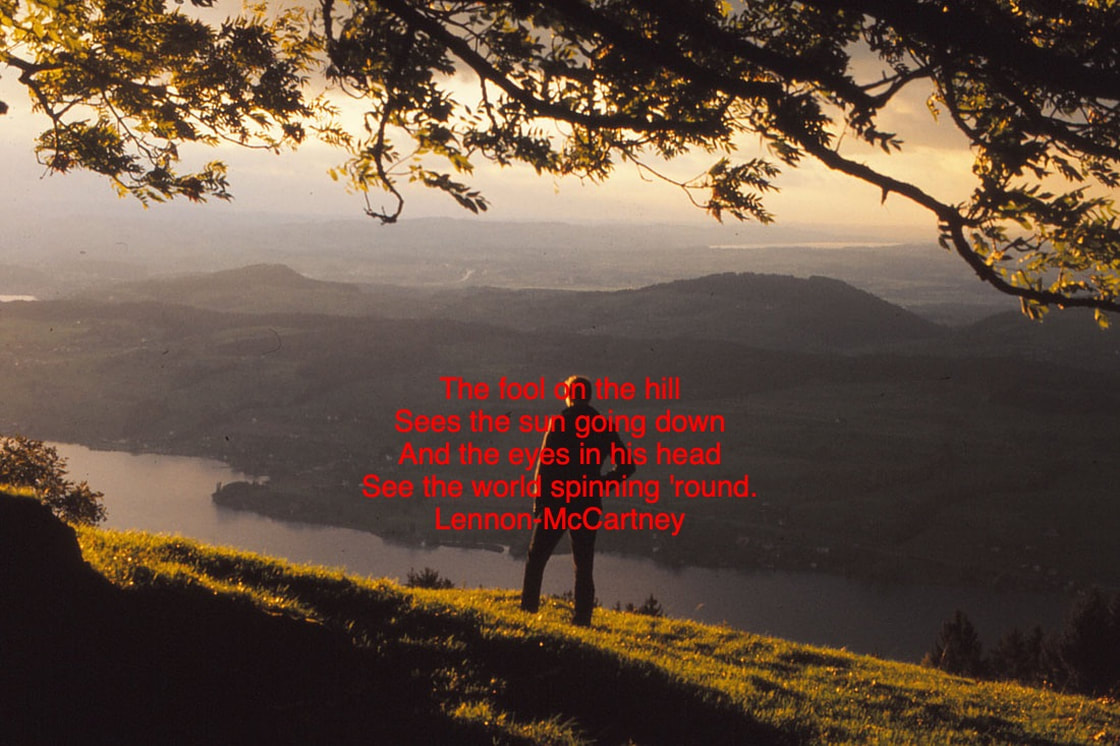
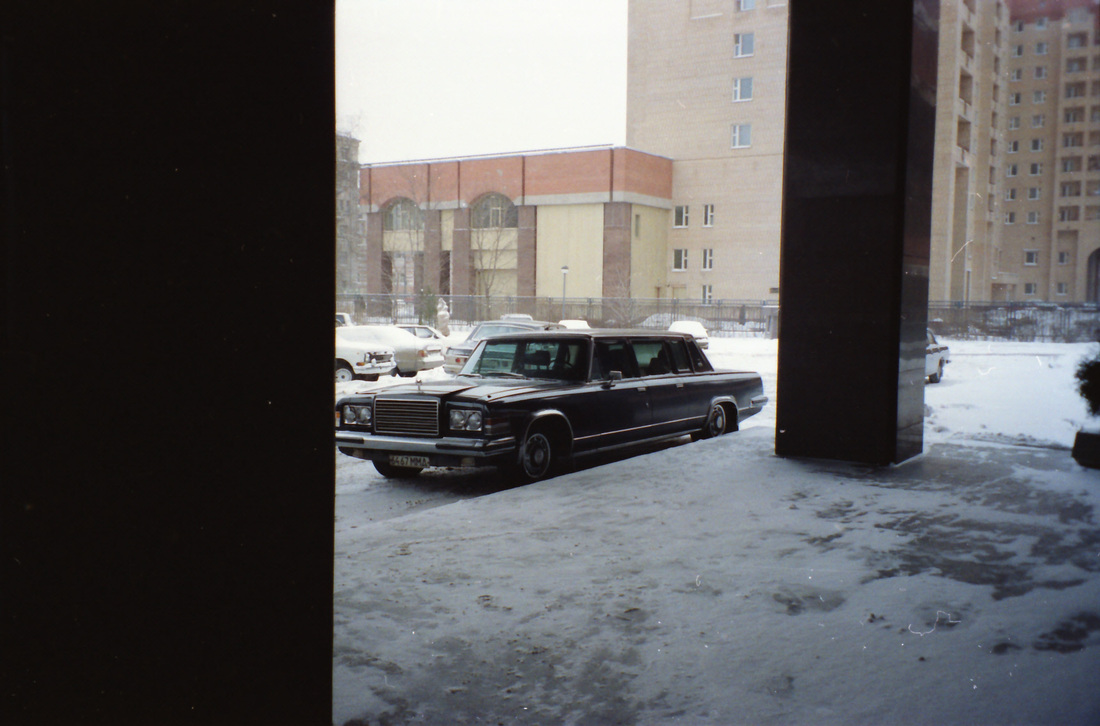
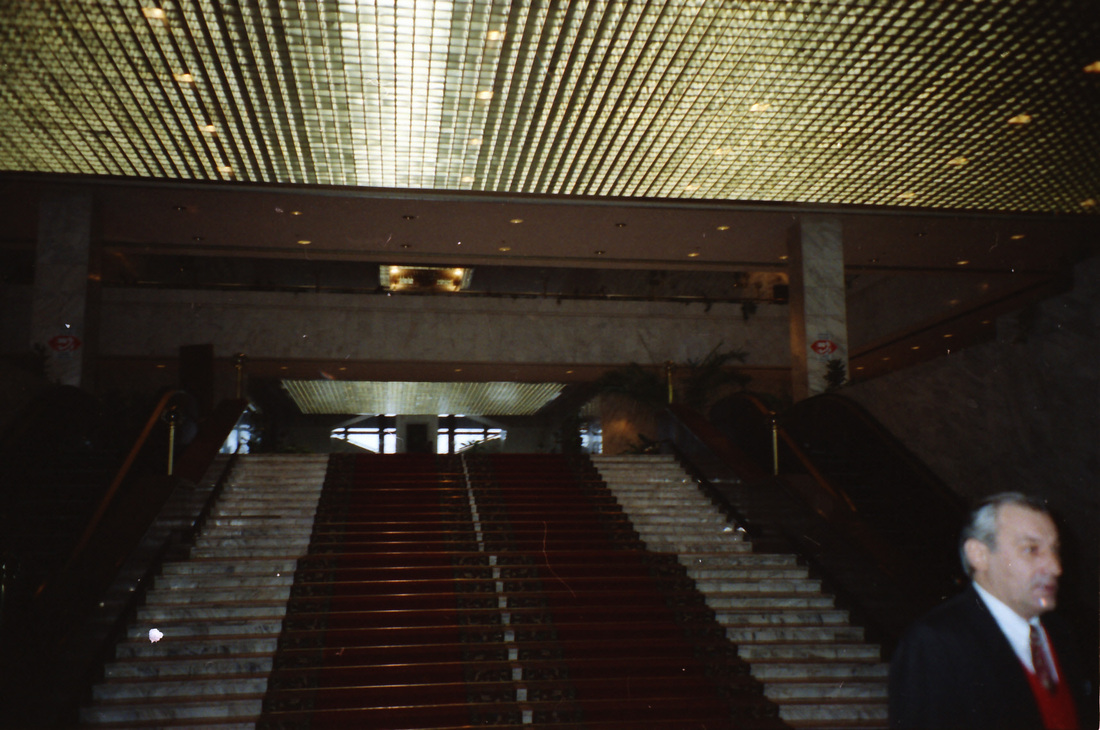
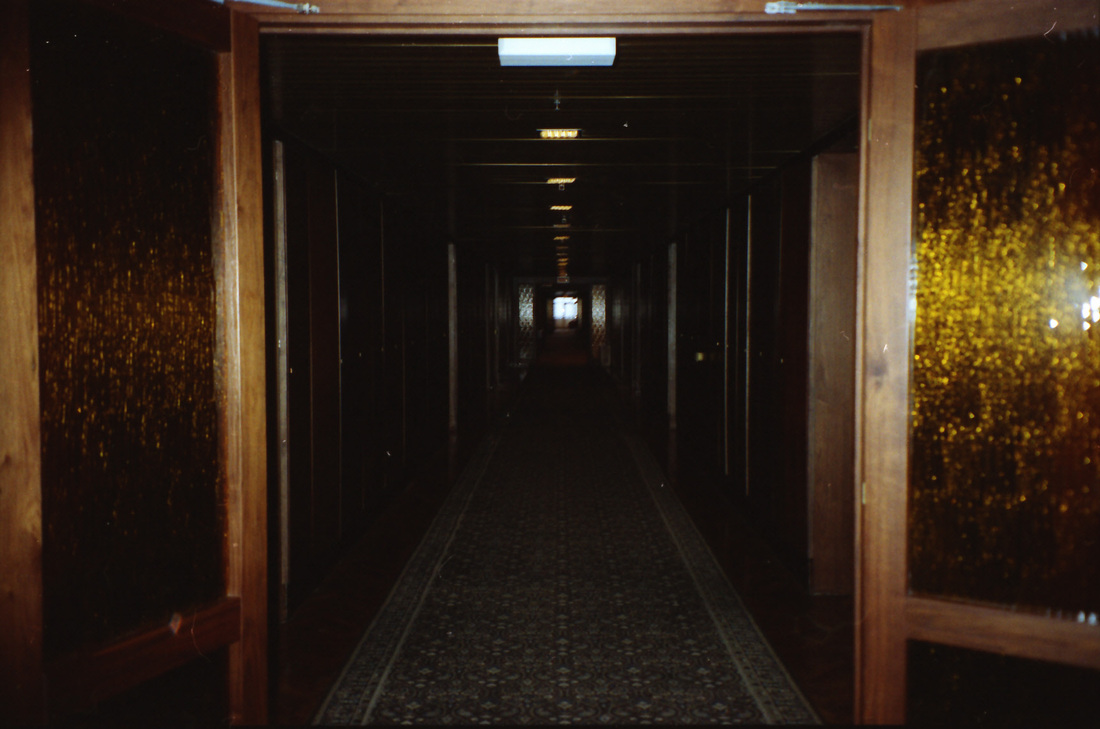
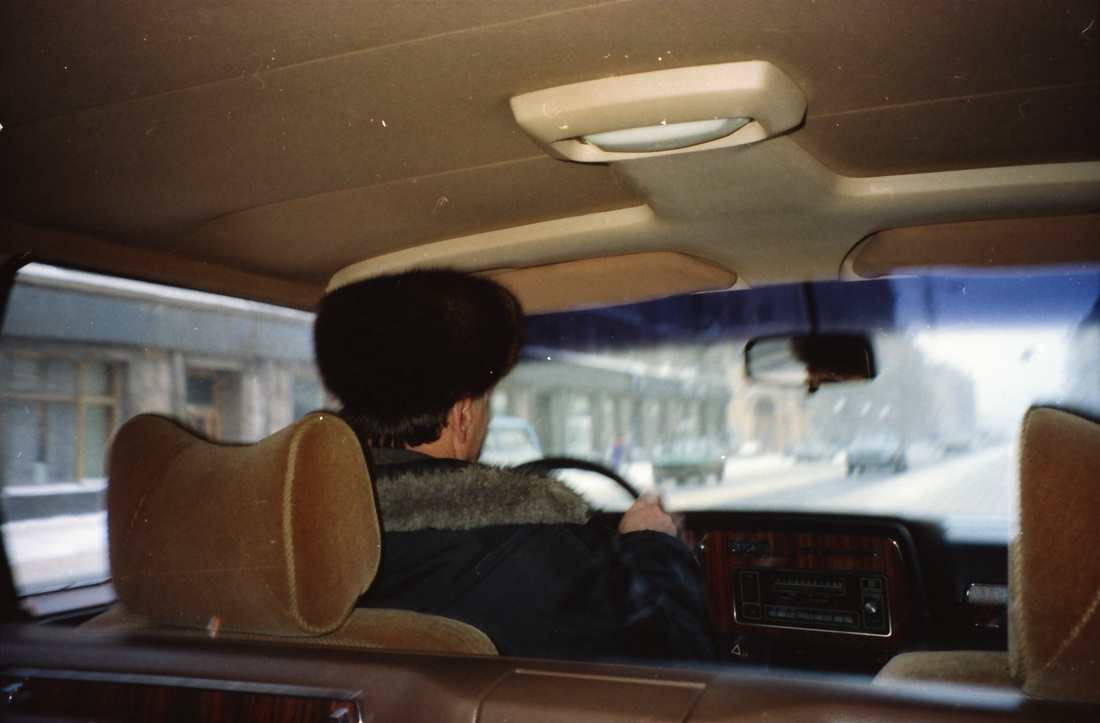
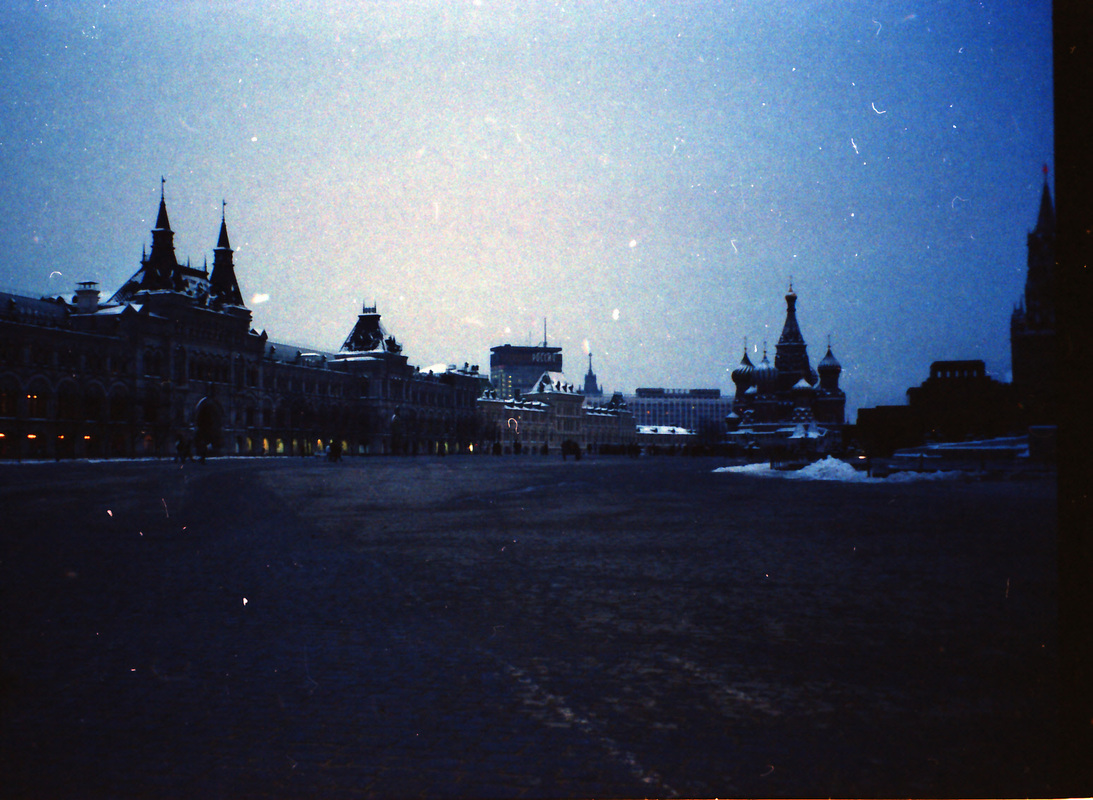
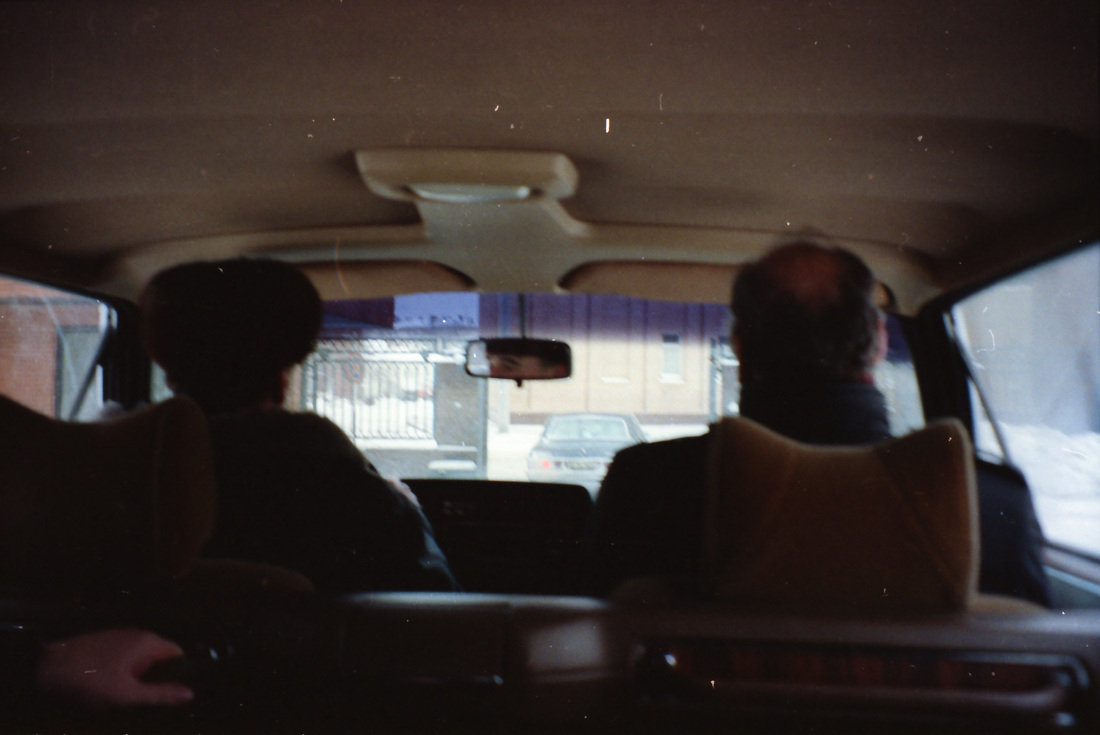
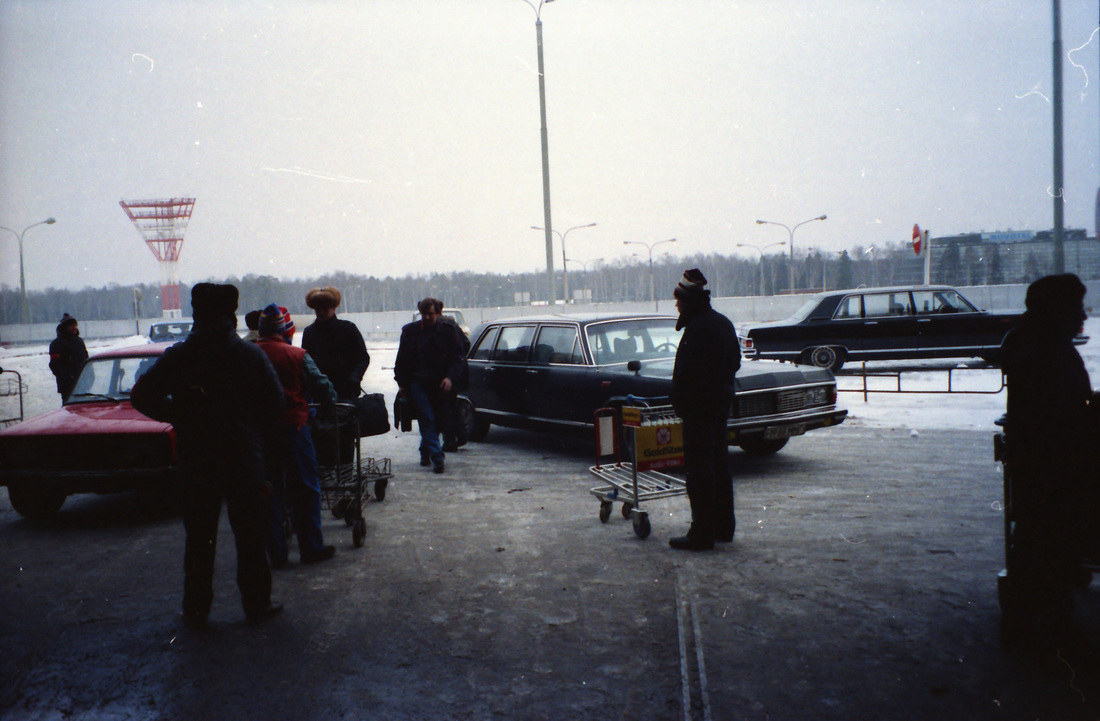
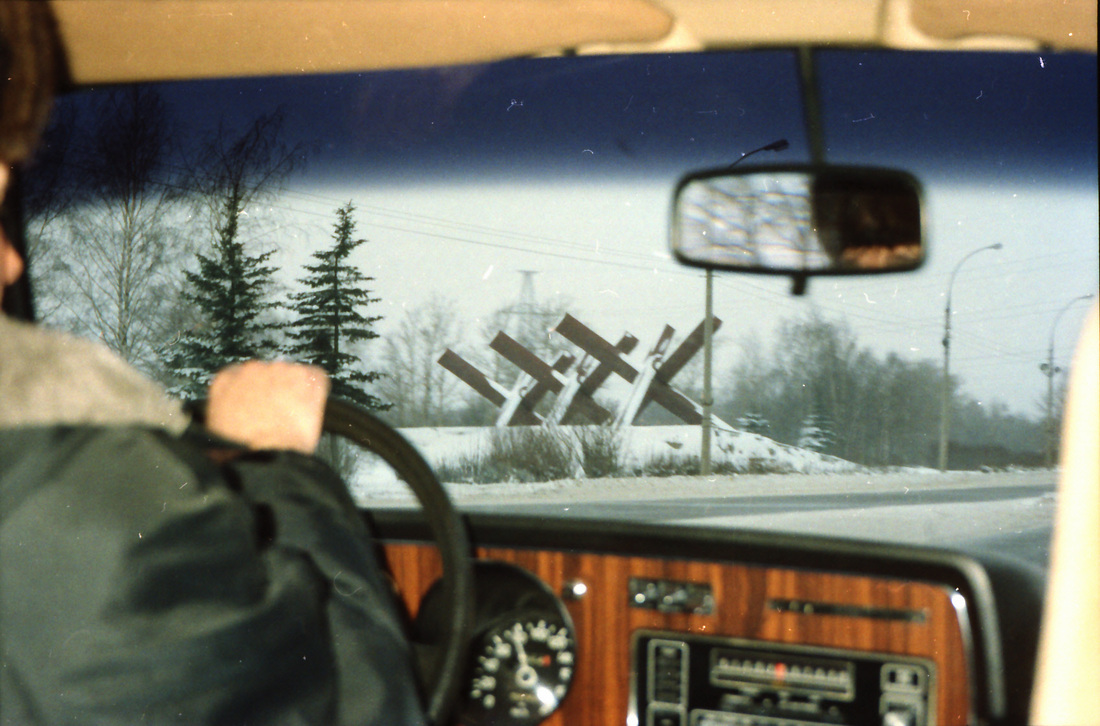
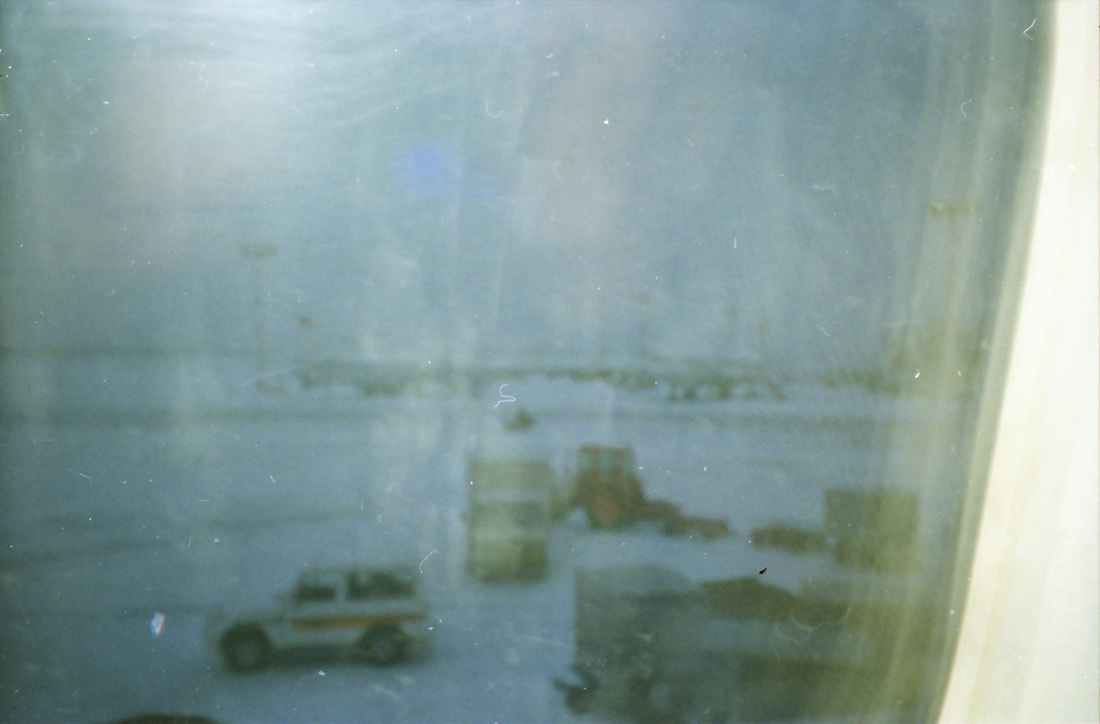
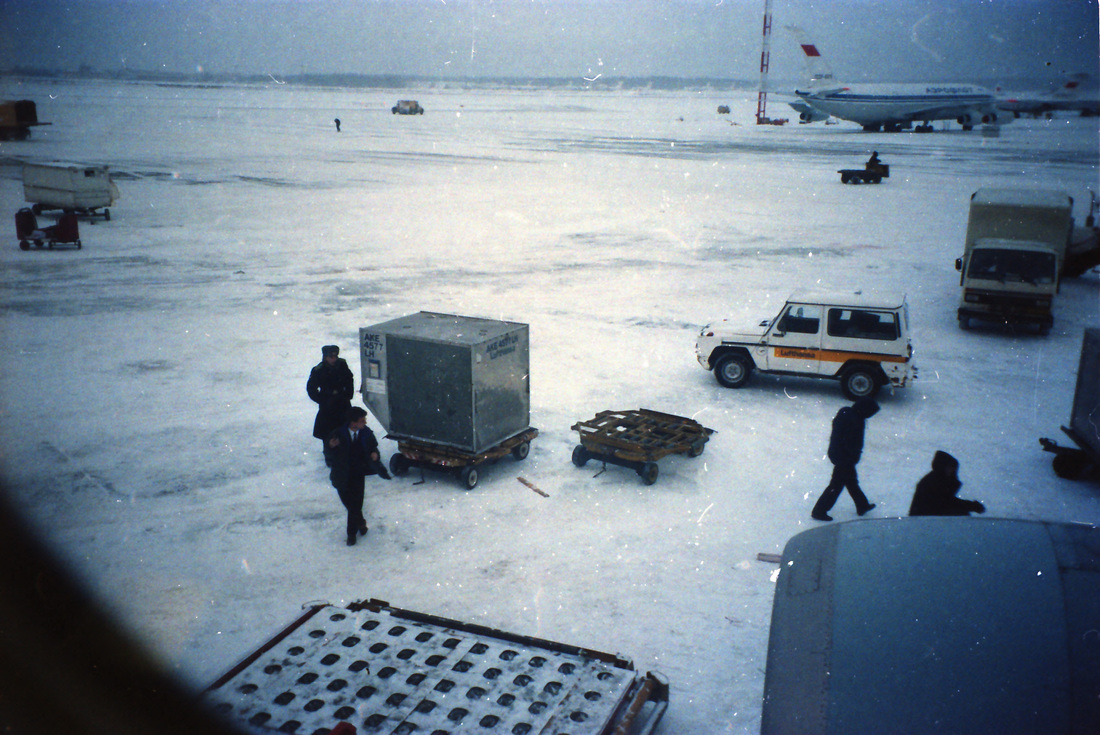

 RSS Feed
RSS Feed